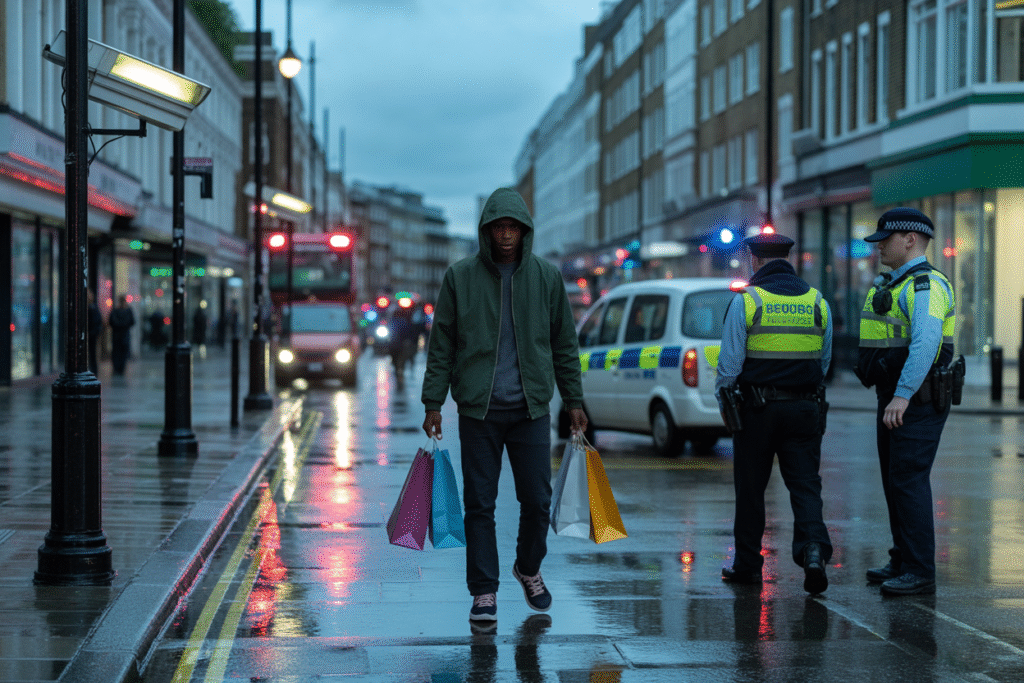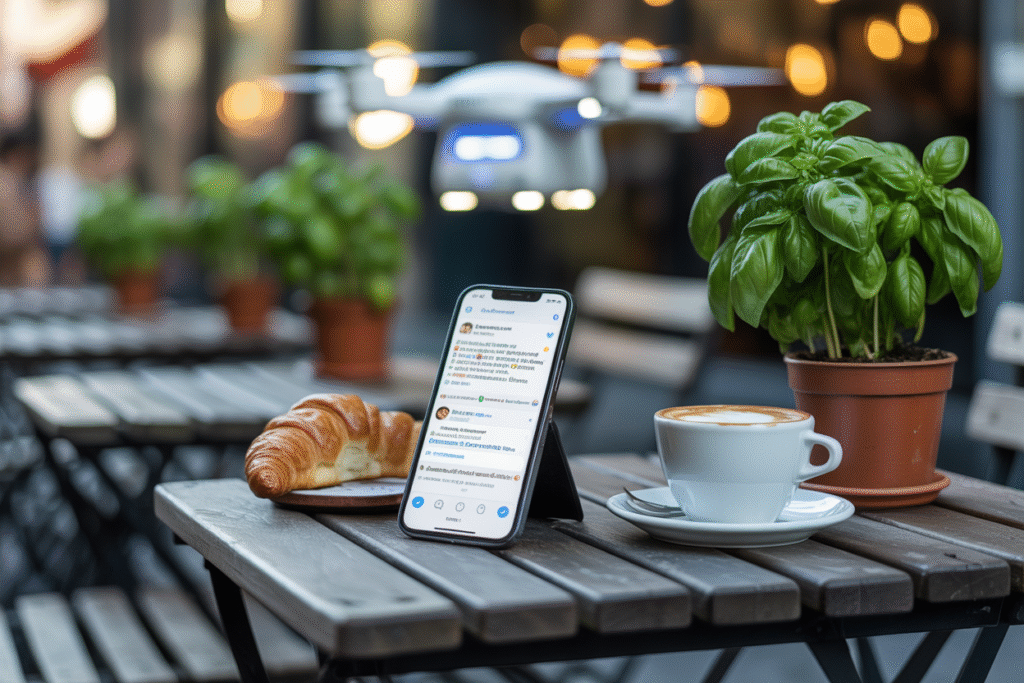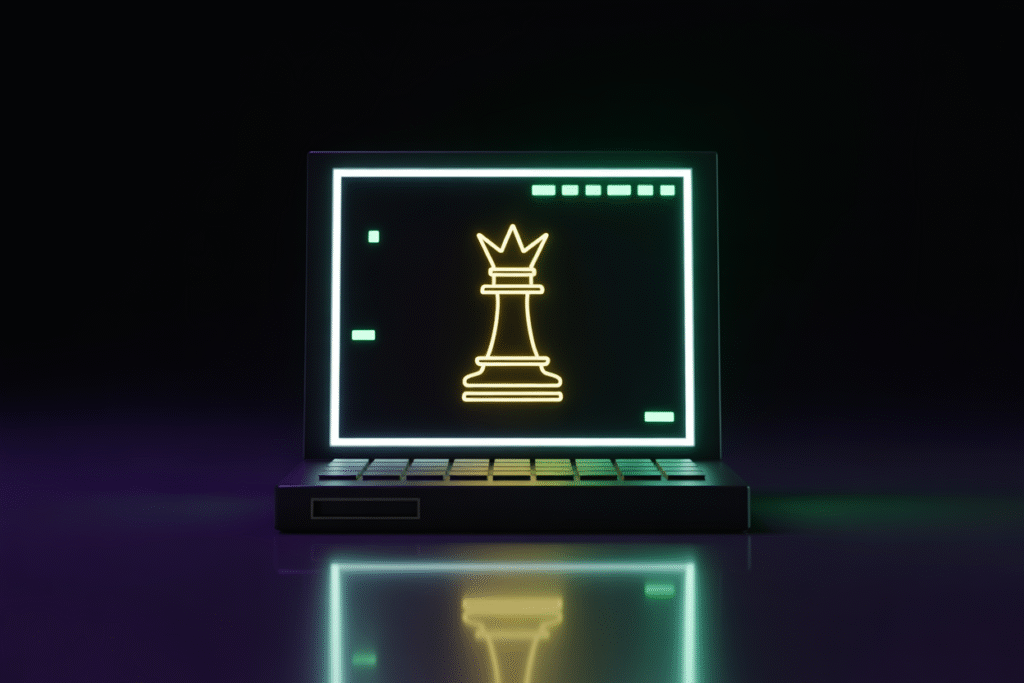Eight wrongful arrests may sound small, until you’re the one surrounded by armed officers because a glitchy algorithm thinks you’re a wanted criminal.
The Metropolitan Police just celebrated a mere eight misidentifications by their AI facial recognition system this year. Eight lives turned upside down. Eight stories of trauma, public humiliation, and legal battles. In this post we unpack why even a single false positive is too many, how the tech works, who pays the price, and what you can do about it.
The Viral Clip That Lit the Fuse
A 45-second video dropped on X at 09:14 GMT showing a Black teenager cuffed outside a London supermarket. The caption: “Facial recognition flagged him as a robbery suspect. He was buying milk.”
Within minutes the clip racked up 4,000 views, 212 likes, and a flood of replies tagging civil-rights groups. The algorithm had spoken—and it was wrong again.
How the Tech Gets It Wrong
Facial recognition compares live CCTV frames to a watch-list of suspects. Sounds simple, right? It isn’t.
Lighting, camera angles, face coverings, and darker skin tones all skew accuracy. Studies show error rates for Black and Asian faces can be up to 34 % higher than for white faces. One blurry frame, one bad angle, and an innocent passer-by becomes a target.
Eight Lives, Eight Ordeals
Behind each statistic is a human story. A mother detained while picking up her kids. A student pulled off a bus and strip-searched. A delivery driver fired after his employer saw the arrest headline.
Trauma lingers: panic attacks, lost wages, legal fees. Compensation? Taxpayers foot the bill while the tech vendor keeps selling the same flawed system.
The Accountability Vacuum
Who checks the checker? Currently, no UK law requires police to publish accuracy audits. Vendors hide behind trade-secret claims. Officers rely on “operator confidence” scores—subjective gut feelings dressed up as data.
Big Brother Watch demands an immediate moratorium. The Met responds with glossy brochures touting “99 % accuracy,” quietly omitting that the denominator is tiny controlled tests, not chaotic real-world streets.
What You Can Do Right Now
Contact your MP and demand independent oversight of facial recognition deployments. Support local campaigns—donations, retweets, or simply showing up at council meetings matter.
Cover your face legally with patterned masks or reflective glasses; artists sell stylish anti-surveillance scarves online. Most importantly, talk about it—normalizing resistance turns isolated victims into a movement.


